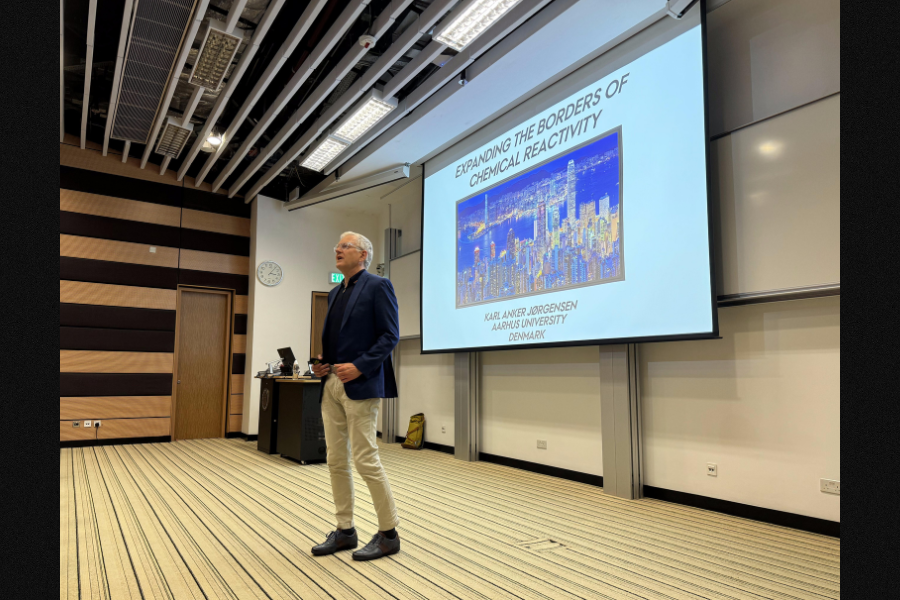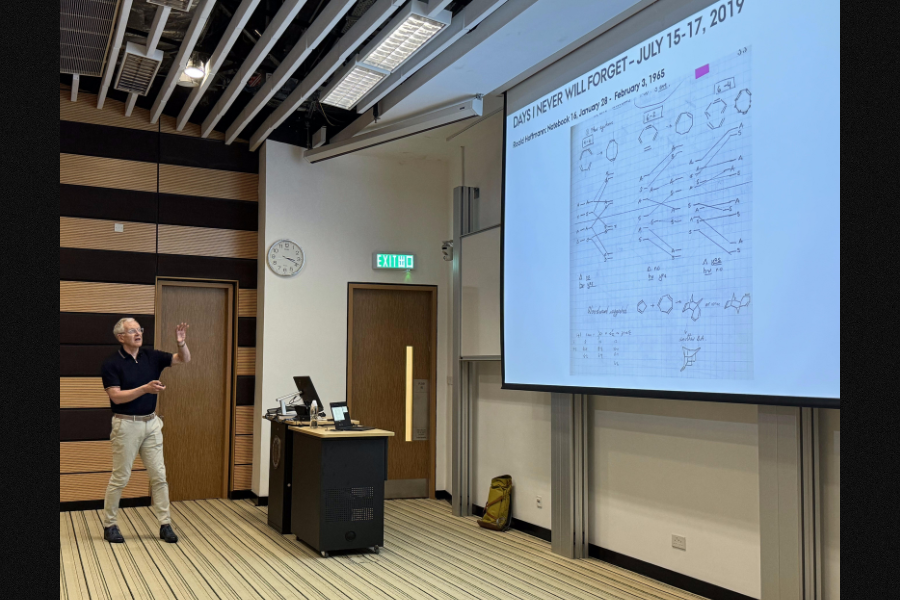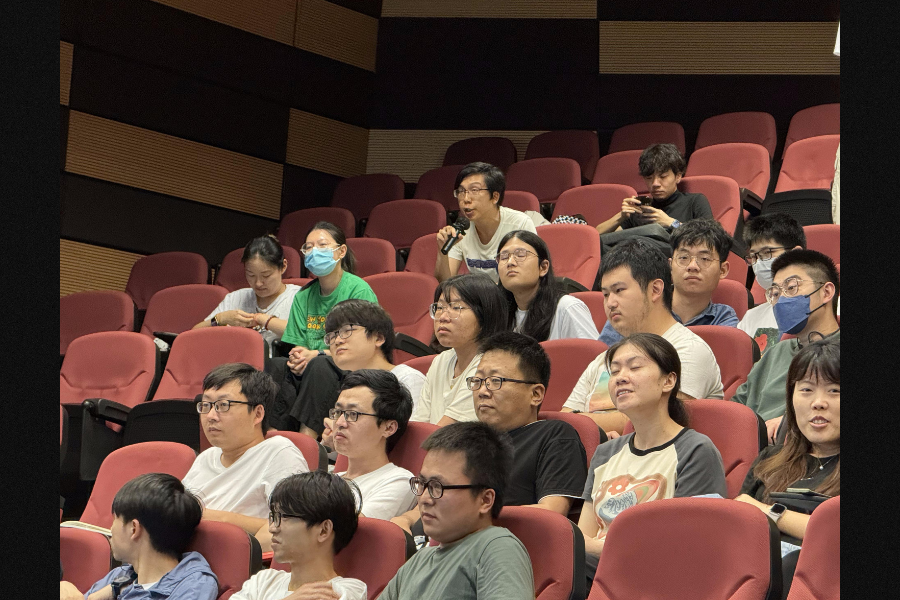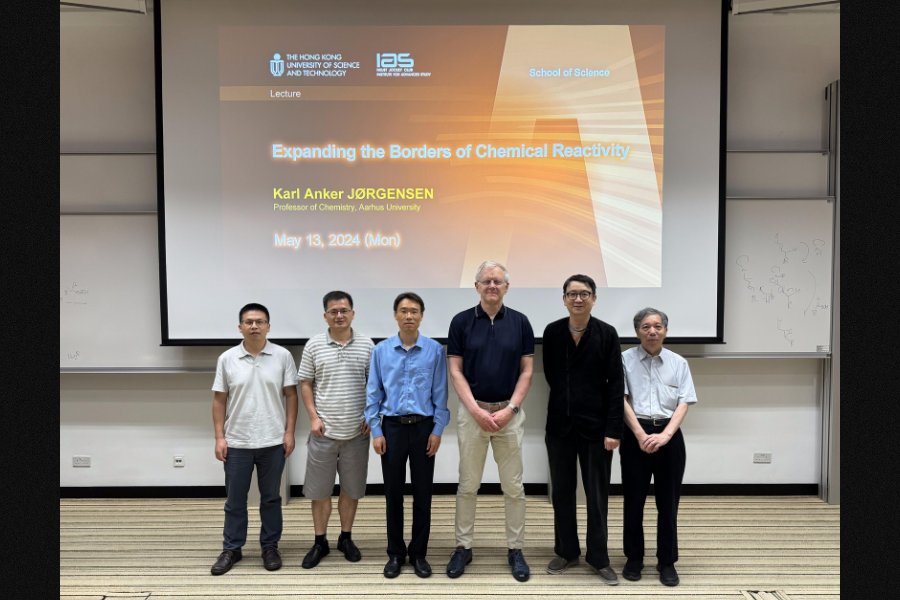Expanding the Borders of Chemical Reactivity
Abstract
The lecture will demonstrate how it has been possible to expand the borders of cycloadditions beyond the “classical types of cycloadditions” applying organocatalytic activation principles. The underlying mechanistic aspects, developments, and applications of higher-order cycloadditions – cycloadditions involving more than 6π-electrons – will be presented. Furthermore, the developments of enantioselective oxidative coupling reactions and electrocyclizations will also be outlined.
About the speaker
Prof. Karl Anker JØRGENSEN obtained his PhD from Aarhus University in 1984. In 1985, he joined Nobel Laureate Prof. Roald HOFFMANN's group at Cornell University, USA in a fruitful postdoctoral position. During this time, Prof. Jørgensen and Prof. Hoffmann published a series of articles which founded the understanding of fundamental oxidation reactions catalyzed by metal complexes and surfaces, based on theoretical calculations. In 1989 he became Dr. Scient.
Prof. Jørgensen joined the Department of Chemistry, Aarhus University in 1985 as an assistant professor and was appointed Full Professor in 1992. In the early 1990s, Prof. Jørgensen turned his research activities to asymmetric catalysis focusing on chiral Lewis acid catalysis. A grant from the Danish National Research Foundation in 1997 made it possible to establish the centre of excellence "Center for Catalysis" with an international research environment. During the 1990s the center developed a number of new metal catalyzed reactions, which have received considerable international interest.
In 2001, Prof. Jørgensen's research interests changed to organocatalysis and since then he has made a strong international fingerprint to this highly competitive research field. He has received numerous awards and honorary appointments, and is member of The Royal Danish Academy of Sciences, Academy of Technical Sciences, and Fellow of the Royal Society of Chemistry.
For Attendees' Attention
Seating is on a first come, first served basis.






